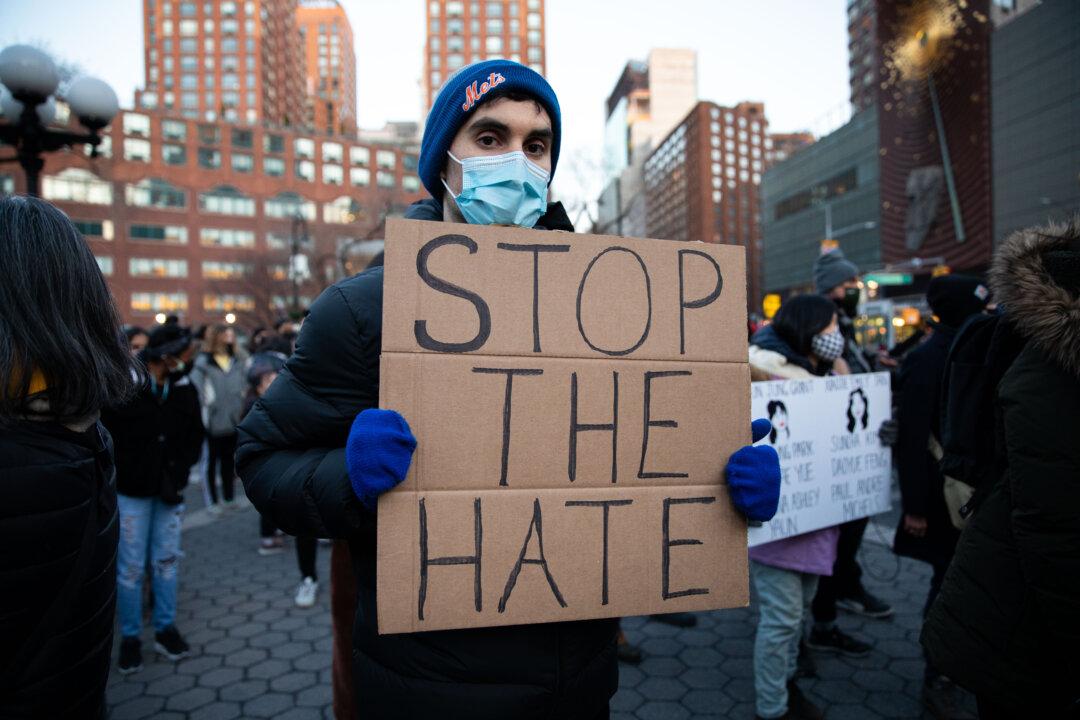Horrific headlines have recently proliferated across social media and the news industry depicting Asian Americans as victims of an increasing spate of assaults, both verbal and physical. Examining what’s behind the trend requires a deeper look into a complex, multifaceted issue.
The Epoch Times spoke to nearly a dozen people spanning different backgrounds, expertise, and personal experiences. These included Asian Americans who have experienced racism firsthand, attorneys with expertise on hate crimes, former law enforcement officials, public safety experts, scholars, activists, and more.





